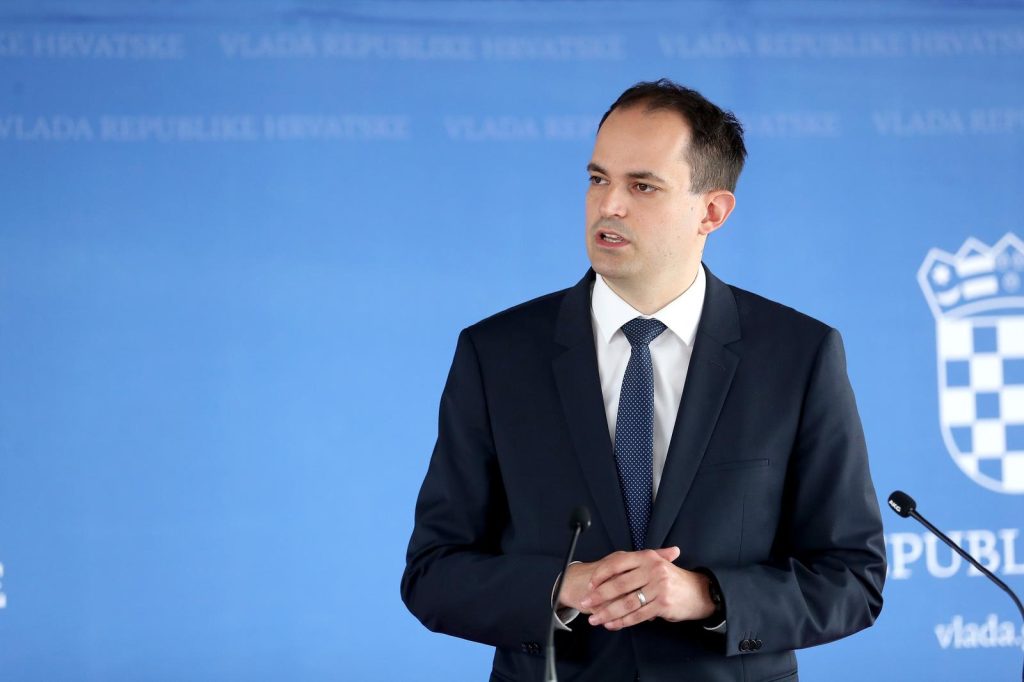“I am aware that some of the staff have low salaries and I can understand their dissatisfaction. However, this issue must be addressed comprehensively through the new law on wages. That law is part of the activities we are implementing through the National Recovery and Resilience Program (NPOO). We have about HRK 51 million under the NPOO to improve the system,” Malenica said.
He added that the ministry was currently analyzing the existing indexation system and that the new law would resolve the wage issue completely in line with the “equal work, equal pay” model.
Malenica also said that the deadline for the adoption of the new law was 30 June 2023 and that the ministry considered the unions as its partners.
Underscoring that the government had restored social dialogue, he recalled that the base pay for civil servants had been increased and that after the last increase in May, it amounted to HRK 6,286.
Other benefits were also increased, such as Christmas bonuses, holiday pay, and regular health check-ups. In addition, tax reforms have been implemented that have increased incomes for the lowest-income earners, Malenica said.
Judicial staff, mostly civil servants and clerks who are dissatisfied with their status and entitlements, protested on Tuesday outside court buildings and state attorney’s offices across Croatia.
The protest was organised by the union of state and local government employees, which pointed to the extremely difficult financial situation of employees in the judiciary and the fact that one-third of them were left out of a 9% salary increase in 2019.
For more, check out our politics section.











